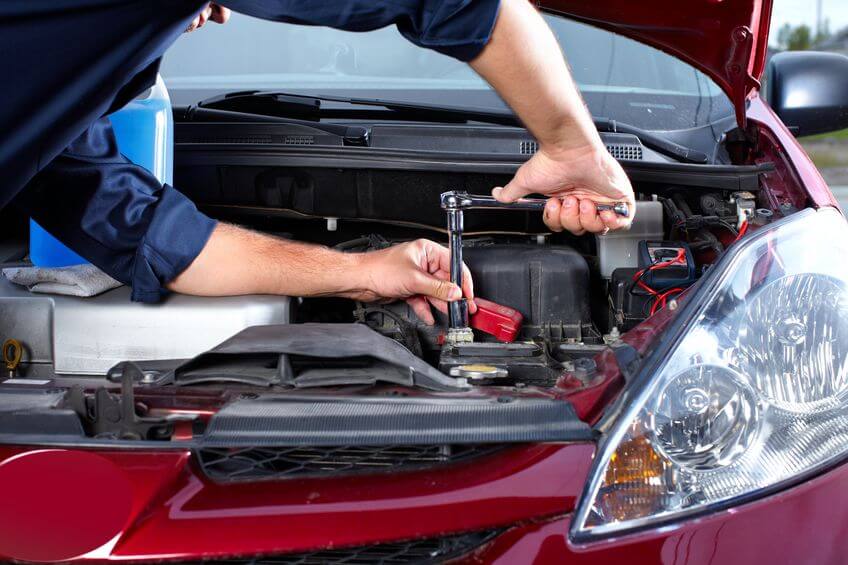
How to Negotiate Auto Repair Estimates
When your car needs expensive repairs, sometimes simply getting a written estimate isn’t enough. If you are willing to negotiate auto repair estimates with the mechanics, you can be sure that you are getting the service you need for a fair price.
Most auto repair shops have set prices for routine services, such as oil changes or brake jobs. But for elaborate repairs or maintenance, they will most often bill for parts and labor. As a consumer, you have the right to request a detailed, written breakdown of repair charges you may incur, as well as the option to discuss any possible cost reductions.
Most people don’t realize they can actually negotiate their auto repair estimates. While some of the costs (such as parts) may be set in stone, other fees leave room for negotiation. Some of the repairs and services on the estimate may not be essential, meaning they can be changed or eliminated altogether. In addition, not all car problems require immediate attention. If there is no need for urgency, you can take the opportunity to do some research, shop around for the best deal, or save your money to have the repair done right.
Knowledge is power. With that in mind, the following tips will come in handy when you need to negotiate auto repair estimates.
- All auto repair cost estimates should include a written list of parts, labor, miscellaneous charges (such as shop supplies), flat fees (for routine services), and a summary of the total cost.
- OEM (original equipment manufacturer) parts are usually the most expensive, as they are designed specifically for use with your vehicle. Aftermarket parts are manufactured by a third party for use in a variety of vehicles, and will usually be less expensive. Used or rebuilt parts may be an even cheaper option.
- Never ask questions such as “Do I need a tune up?” or “Do I need new tires?” These questions imply that you don’t know what you need and may be an open invitation for an unscrupulous mechanic to recommend unnecessary parts or services. You should know when your car’s recommended tune-ups, oil changes, and tire rotations are due before you take it into the shop.
- Know exactly what work is being performed on your car before you leave it at the shop. You should never give mechanics carte blanche by telling them to just do whatever they think is necessary. This is like handing someone your credit card and a permission slip.
- Always ask if a recommended repair is necessary, or if it might be postponed. Some fixes are necessary in order to keep you safe and prevent further damage to your vehicle. But separating those issues from services you can wait on or forgo altogether could save you hundreds of dollars. When in doubt, keep this list of priorities in mind: engine and suspension work first, comfort issues (air conditioning, stereo) next, and appearance (dents and dings) last.
- Labor rates are billed in fractions of an hour. Know the shop’s rate and do the math yourself to make sure you are billed correctly.
- A second itemized estimate from another repair shop can be a very powerful negotiation tool. You don’t have to get the work done at the first place you go. Even if your car is dead, you may be able to find another shop willing to tow it and do the necessary work for less cost.
- Find an auto repair estimate database or go online for an auto club or similar resource. Being an informed consumer makes it easier to negotiate auto repair estimates.